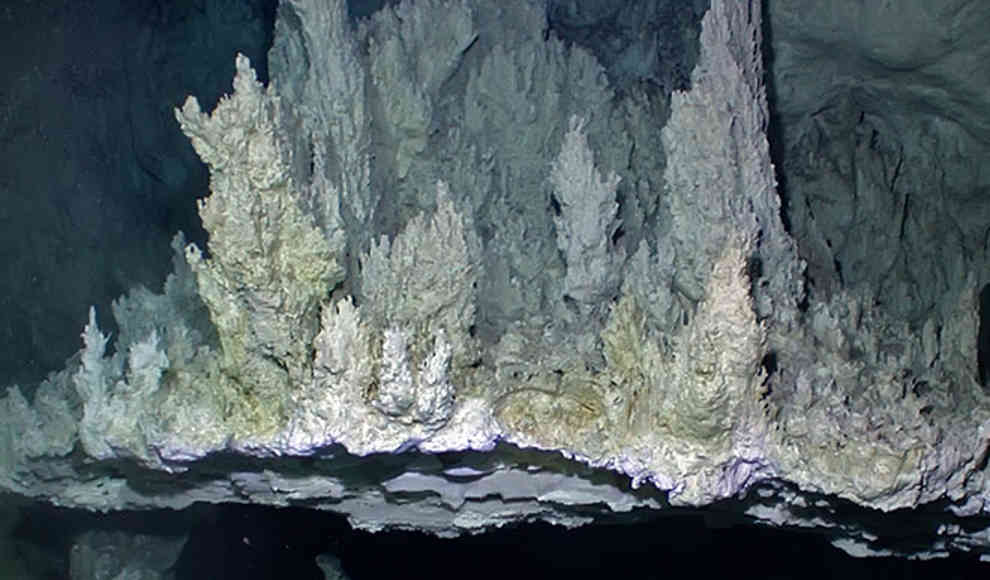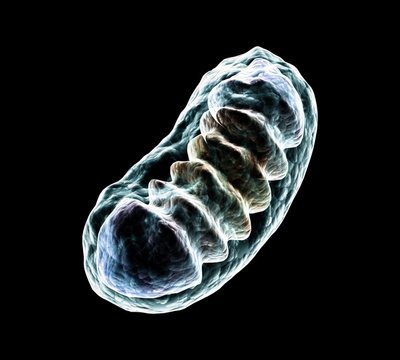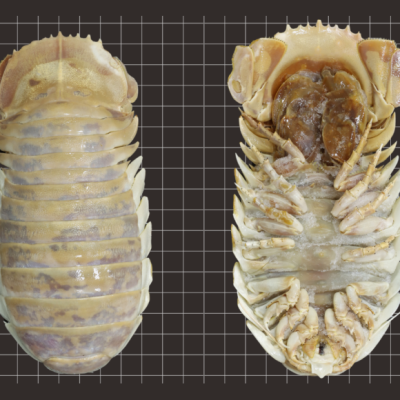Scientists have discovered traces of life in rock samples from the Earth’s mantle. The samples, taken from ocean floor rock that is around 125 million years old, contain remnants of cells. The international team of researchers, led by Frieder Klein from the Woods Hole Oceanographic Institution in Massachusetts, found proteins, fats, and amino acids that had been preserved in the surrounding minerals. While it is not yet clear exactly what these inclusions are, the microorganisms found in them are distinct from those found in normal sea sediment. It is plausible that single-celled organisms can survive in the depths of the Earth’s mantle, as the rock contains the mineral olivine, which can be transformed into serpentinite when combined with water. This can then lead to the creation of hydrogen and methane, which could serve as an energy source for microorganisms.
The discovery of preserved membrane lipids also showed similarities to the composition of modern microbes found in hydrothermal fields, according to Professor Gretchen Bernasconi-Green from ETH Zurich. However, a final evaluation of the findings is still pending. The new research results also provide insights into the development of life beyond Earth. Olivine, for example, exists on Mars, where methane and hydrogen have also been detected. This could be an indication that there have been or still are microorganisms on the nearby planet. However, the existence of water, which is a prerequisite for this hypothesis, has not yet been proven on Mars, so the proof of life on the planet is not yet conclusive. Nevertheless, the latest discoveries by the researchers and the knowledge gained from them make the existence of extraterrestrial life more likely.
The discovery of traces of life in rock samples from the Earth’s mantle is a significant breakthrough in the field of astrobiology. The findings provide new insights into the possibility of life beyond Earth and the conditions that could support it. The discovery of preserved membrane lipids and the similarities to modern microbes found in hydrothermal fields are particularly noteworthy. While the existence of life on Mars is still uncertain, the discovery of olivine, methane, and hydrogen on the planet provides further evidence that there may be life beyond Earth. The research team’s findings have opened up new avenues for exploration and could lead to further discoveries in the search for extraterrestrial life.










